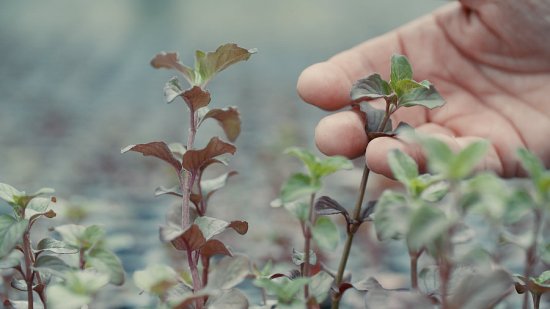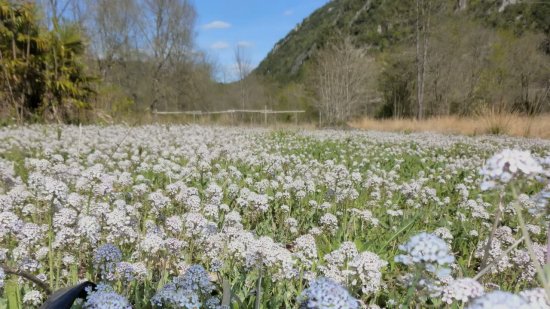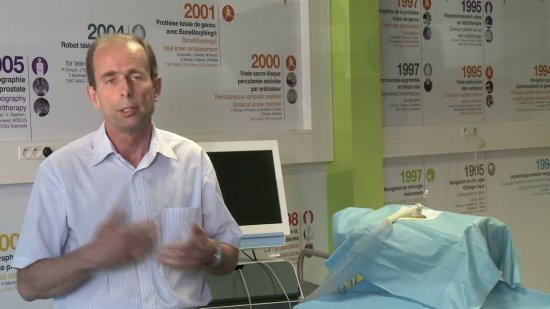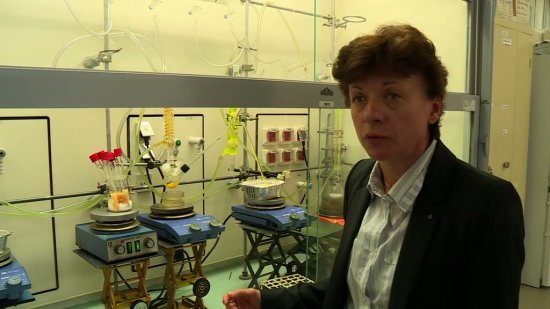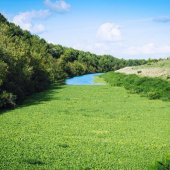
Chimie Bio-Inspirée et Innovations Ecologiques (ChimEco)
GRABELS
The ambitions of the ChimEco laboratory are to develop an interdisciplinary approach to global ecology and green chemistry as a vector for sustainable development. The activities are based on the unusual combination of phytotechnologies adapted to the ecological rehabilitation of degraded sites and the valorisation of these processes by an innovative and bio-inspired green chemistry, ecocatalysis.


